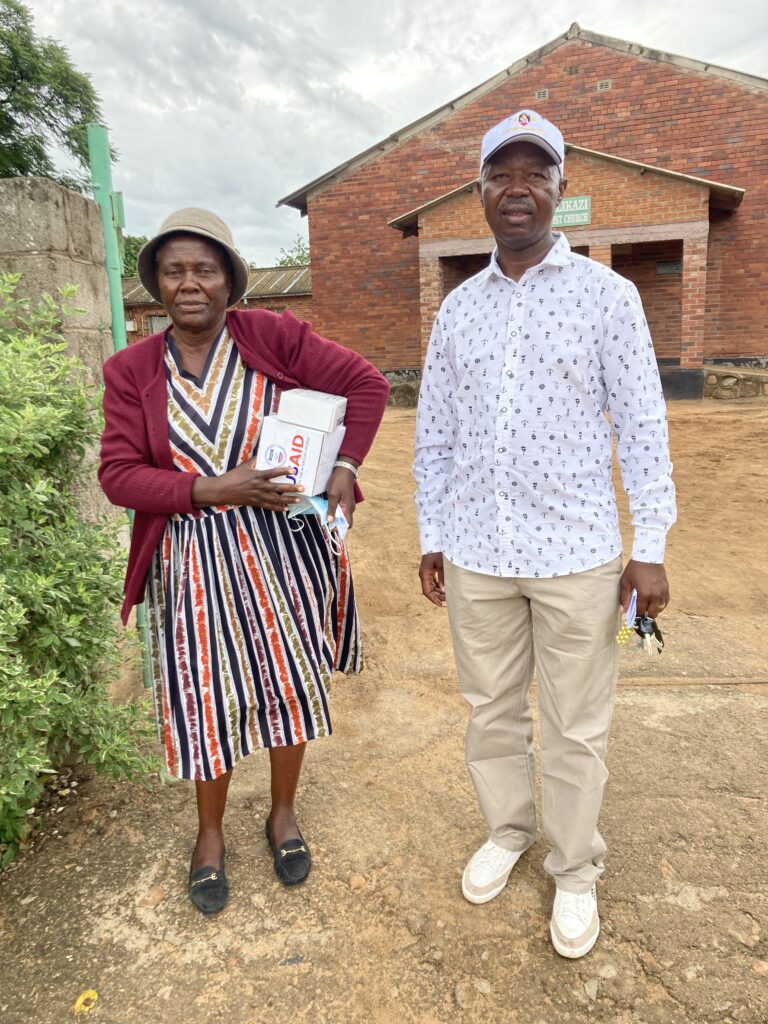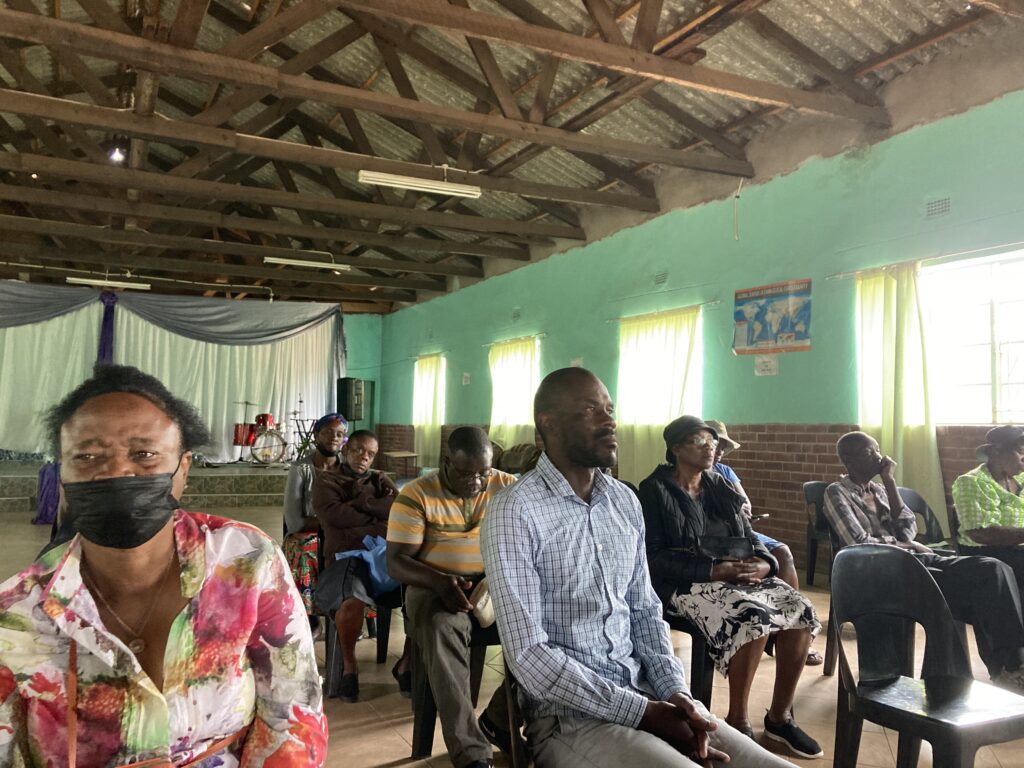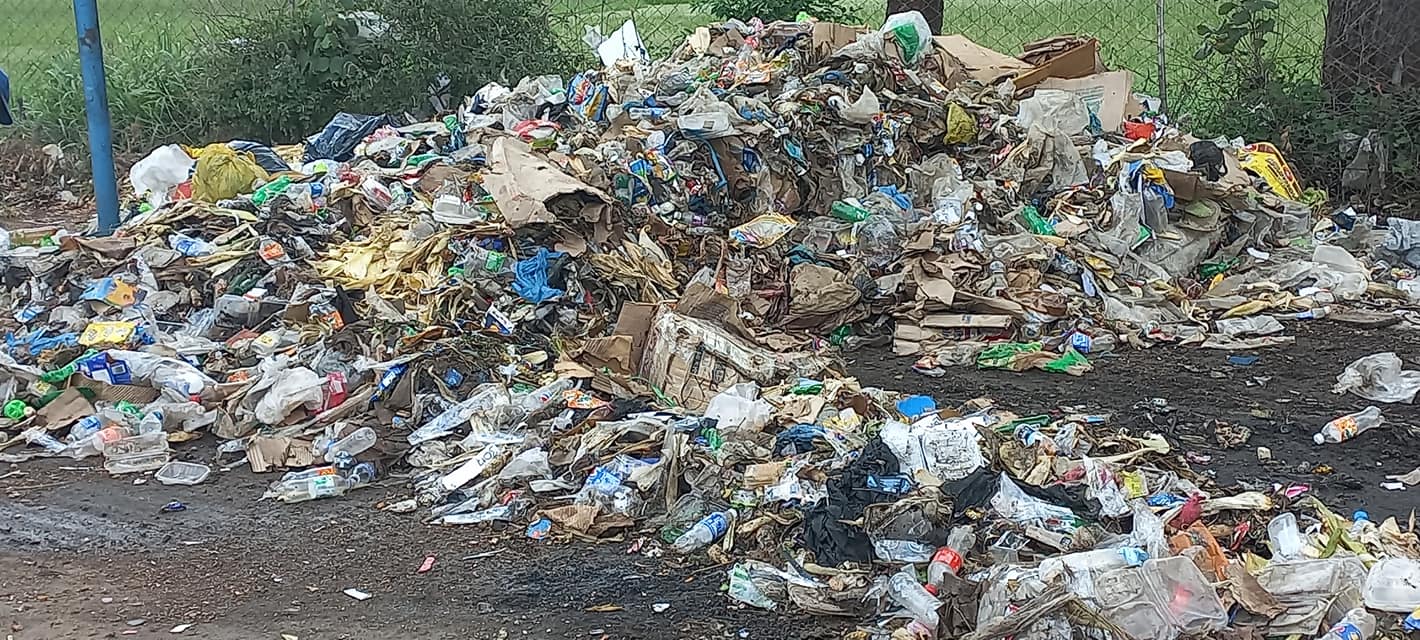The Bulawayo City Council (BCC) plans to implement a community ticketing system against litterbugs and immediate arrests for those found dumping litter in undesignated areas.
This proposal came out during a meeting held by Ward 8 councillor, Edwin Ndlovu, who met with section leaders from Barbourfields, Nguboyenja, Thorngrove, Mzilikazi, Burombo including representatives of BCC Cleansing Department over the issue of dirt and litter.



Ward 8 councillor backed the idea of community ticketing, stating it was part of enforcement and would deal with the high level of indiscipline in the city.
“The aim is to fine people who litter. If you see someone littering or dumping, that person must be arrested or fined. If possible take a picture of them. Once you see someone, you can come to the councillors, or go to the police, the Environmental Management Agency (EMA) and the resident associations to report. It’s what we want to implement,” he said, making reference to others who have paid ZWL$100 000 as a fine for littering.
“Where you live or work must be clean and businesses must be in charge of the pavements outside. If businesses allow vendors, they must make sure they clean.”
Ndlovu also said the dragnet should include council officials who “must be fired” if they fail to do their job properly.
“That is the emphasis we are putting. If you are a supervisor, make sure you delegate and if the people that you assigned fail to do that job, suspend them,” he said.
BCC Cleansing Supervisor in charge of Wards 7, 8, 10, 11, 15, and 16, Gladys Moyo, stated that under community ticketing, everyone who resided in that area would be fined if litter was found.
“If we find dirt in your area, all of you will be responsible and everyone who puts litter there will be liable so that you can monitor each other,” she said.
“The idea is since people know each other in their respective squares, they know where to dispose of litter while waiting for the refuse trucks but if that square dumps litter anywhere, it will be difficult for us to know who would have littered. This is why the residents also suggested monitors to check who is dumping.”
Moyo said community ticketing was not new as it is being used in Chitungwiza.
“The whole community will share and pay the fine unless you say where the litter is coming from, so we can go there but if you keep quiet, all of you will pay,” she said.
There was some opposition from the floor to the idea but the councillor stated this was necessary to make Bulawayo clean again.
“Our city is dirty so we need to monitor each other. As a square head, you must tell people that all of you risk being fined. Monitors must also make sure there is no one from another suburb who comes to throw their rubbish there. This is the only way and we are not going backward. If the council doesn’t do its job, they are supposed to go home,” Ndlovu said.
“Let’s police each other. This is enforcement and not a talk show, neither are we here to blame each other but to provide solutions to the dirt and litter we see.”
The councillor told the section leaders that cleaning one’s surroundings did not require money like other activities such as repairing blocked sewers or potholes.
“Cleaning needs your mindset because you want to live in a clean place and there are no incentives for cleaning because cleanliness, where you stay, is the incentive,” Ndlovu said, noting that as a councillor, he must make sure Ward 8 was clean.
“I refuse to be arrested for littering, which is why I am urging you to play your part. I am also going to push the council to suspend those officials who are not doing their job mandates. Section leaders and square heads will be in trouble if litter is found in their respective places.”
The councillor urged residents to cooperate.
“If you don’t want to pay a fine, name the person who dumped the litter. If the rubbish is found in front of your shop or yard, that rubbish is yours. If you fail to arrest the person who littered, it’s now your responsibility,” Ndlovu said.

